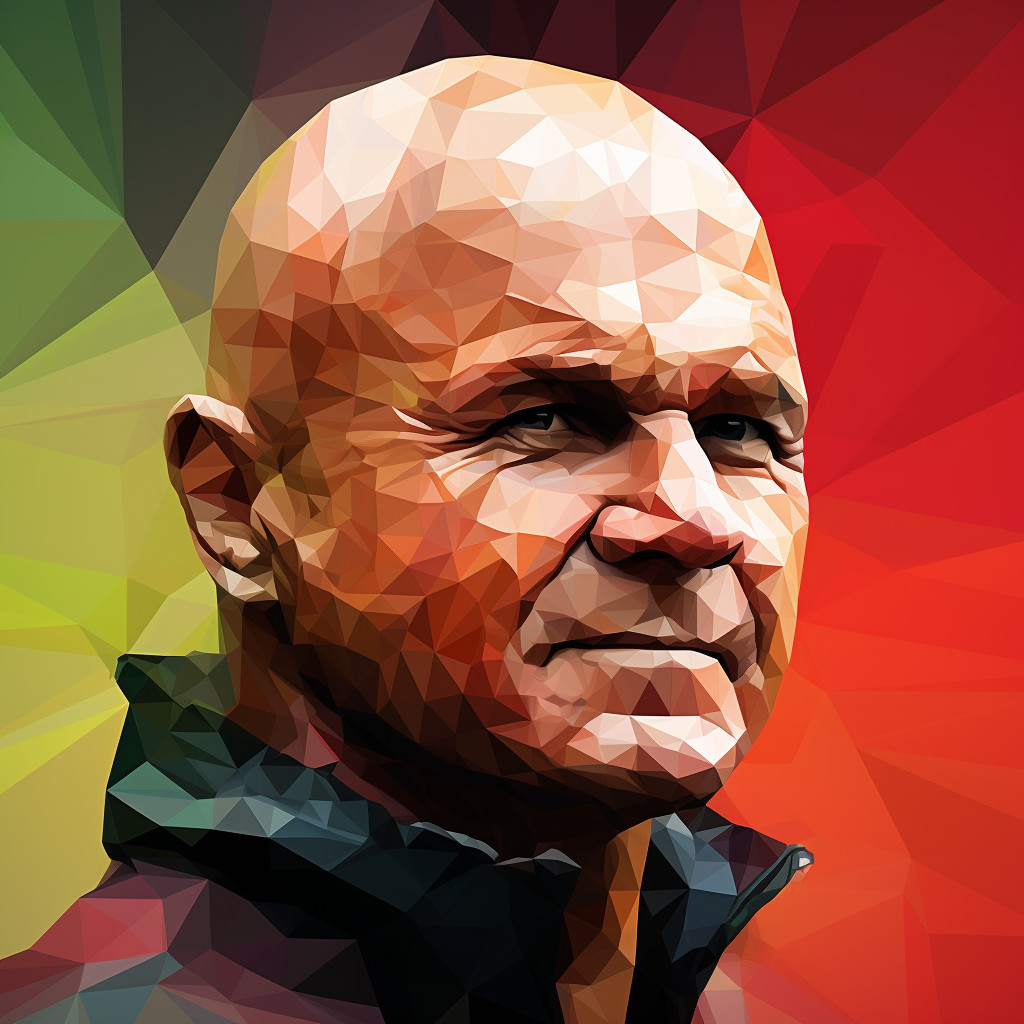This quote implies that when we are faced with a problem, the mindset or the thought process that led to the creation of the problem will not be effective in resolving it. It suggests that we are often trapped in our own perspectives, making it difficult to see alternative solutions. Therefore, to truly solve a problem, we must first change our mindset or perspective, stepping outside of the box that we’ve created for ourselves.
The quote underscores the importance of adaptability and flexibility in our thinking. It encourages us to challenge our own beliefs, assumptions, and biases that might be hindering our problem-solving abilities. By altering our mindset, we can approach problems from new angles and develop innovative solutions that we might not have considered before.
In today’s fast-paced world, problems are ever-evolving and complex. Old ways of thinking often prove inadequate in resolving these new challenges. Thus, we must continuously adapt our thinking and embrace new ideas and perspectives. For instance, consider the way businesses have had to adapt in response to the COVID-19 pandemic. Traditional brick-and-mortar stores that previously resisted online sales had to quickly change their mindset and strategy to survive in the new normal.
In terms of personal development, this quote is especially relevant. It encourages introspection and self-awareness. For instance, if a person is struggling with a personal issue, such as lack of self-confidence, they must change their mindset about themselves to overcome it. They must replace negative self-perceptions with positive affirmations. Similarly, someone stuck in a cycle of unhealthy relationships must first change their mindset about what they deserve and what a healthy relationship looks like before they can break the cycle.
In conclusion, this quote is a potent reminder that the key to solving problems and personal growth lies in our ability to change our mindset. It’s not just about finding a solution, but also about evolving our thinking and challenging our preconceived notions.









